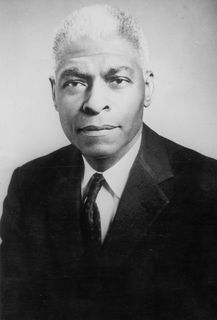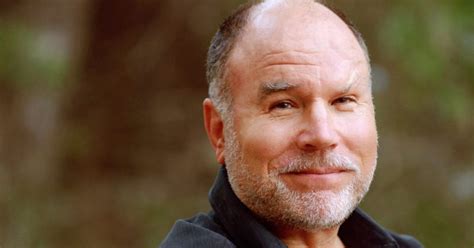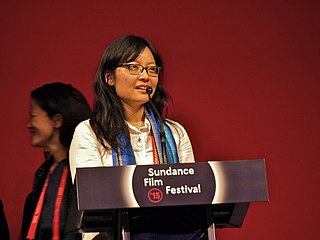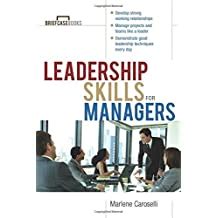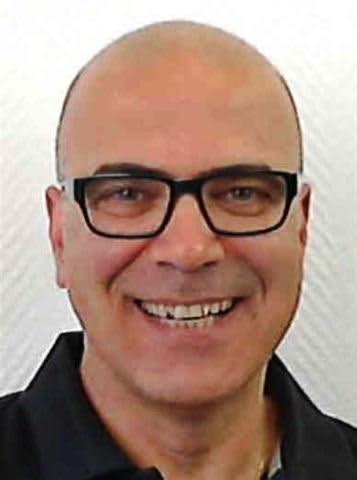A Quote by Francis Chan
When we become overly concerned about our appearance, our spiritual reputation, our coolness, and our acceptance, we are living as citizens of this world rather than as ambassadors.
Related Quotes
The human heart is the first home of democracy. It is where we embrace our questions: Can we be equitable? Can we be generous? Can we listen with our whole beings, not just our minds, and offer our attention rather than our opinion? And do we have enough resolve in our hearts to act courageously, relentlessly, without giving up, trusting our fellow citizens to join us in our determined pursuit-a living democracy?
Many of us incorrectly assume that a spiritual life begins when we change what we normally do in our daily life. We feel we must change our job, our living situation, our relationship, our address, our diet, or our clothes before we can truly begin a spiritual practice. And yet it is not the act but the awareness, the vitality, and the kindness we bring to our work that allows it to become sacred.
The reason I'm interested in alternative worlds and near-future settings is that it allows us to look at our own limitations in our worldviews. These settings allow me to explore how our world might evolve if we allow individualistic kinds of success to remain our primary value. I'm not trying to be overly bleak, and I don't feel bleak or sad about our world. I want empowered and educated people who understand a lot about the world's challenges to strive to be noble, rather than cynical. I think we still need more champions out there.
There is no doubt about it: we are judged by our language as much as (perhaps more than) we are judged by our appearance, our choice of associates, our behavior. Language communicates so much more than ideas; it reveals our intelligence, our knowledge of a topic, our creativity, our ability to think, our self-confidence, et cetera.
Our scientific power has outrun our spiritual power. We have guided missiles and misguided men. Our hope for creative living lies in our ability to reestablish the spiritual needs of our lives in personal character and social justice. Without this spiritual and moral reawakening we shall destroy ourselves in the misuse of our own instruments.
Capitalism is always in danger of inspiring men to be more concerned about making a living than making a life. We are prone to judge success by the index of our salaries or the size of our automobiles, rather than by the quality of our service and relationship to humanity-thus capitalism can lead to a practical materialism that is as pernicious as the materialism taught by communism.
Most people would say they live with an internal angst that they can't always put their finger on. This is because the Internet has changed our very way of being in this world, compelling us to be perpetually "on" - from our cars to our computers, our tablets to our smartphones, our desks to our living rooms or dining tables, our churches to our libraries to our schools.
Our wisdom is all mixed up with what we call our neurosis. Our brilliance, our juiciness, our spiciness, is all mixed up with our craziness and our confusion, and therefore it doesn’t do any good to try to get rid of our so-called negative aspects, because in that process we also get rid of our basic wonderfulness. We can lead our life so as to become more awake to who we are and what we’re doing rather than trying to improve or change or get rid of who we are or what we’re doing. The key is to wake up, to become more alert, more inquisitive and curious about ourselves.
More than anything else, kindness is a way of life. It is a way of living and walking through life. It is a way of dealing with all that is-our selves, our bodies, our dreams and goals, our neighbors, our competitors, our enemies, our air, our earth, our animals, our space, our time, and our very consciousness. Do we treat all creation with kindness? Isn't all creation holy and divine?



